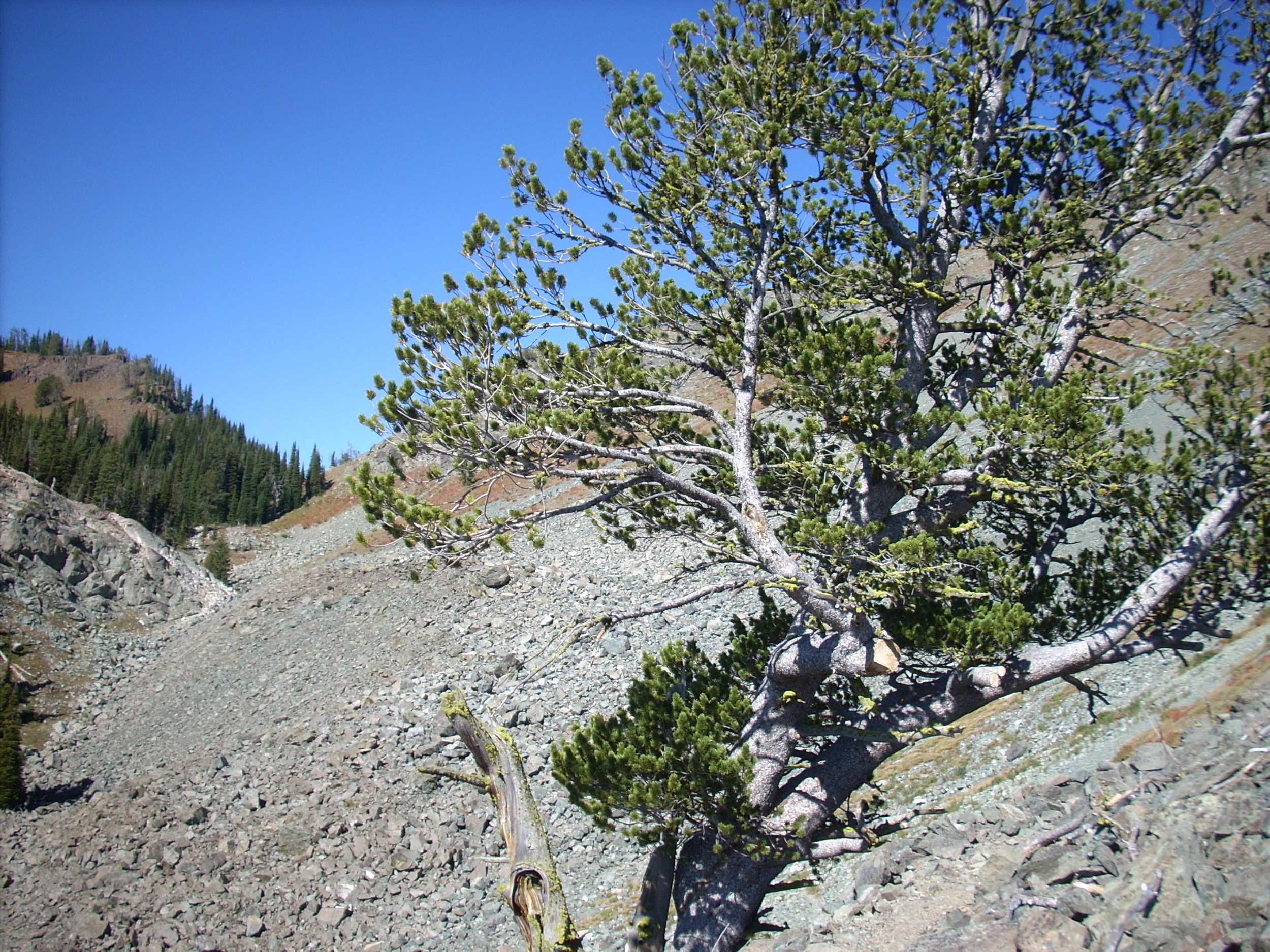Hells Canyon Tour
I took Sunday off and went up the Snake River on Hells Canyon Tours, a local sightseeing group with a friend, Colin. We slipped away from the dock around eight in the morning and proceeded south under a pretty sky and cool temperatures for a day away from cell phones, computers, and work.
The first stop was at Heller Bar about an hour up the river from Asotin. Time for a cup of coffee and to stretch legs. Stretching felt good. . .
A view north with the tour boat at the refueling dock.
Onward into Hells Canyon proper.
There was plenty of wildlife - an abundance of deer and several herds of big horn sheep.
The sheep were not truly impressed with us, turning their tushes to demonstrate their level of regard.
We continued the journey up the river. The boat handled the rapids easily. One thing that impressed me, even if it didn't the sheep, was the habit the skipper had of slowing the jets and easing past the other folks on the river - rafters, kayakers, and boaters. It seemed that the habit is for the folks on the beach to wave as we went by. The waves were returned by most on the boat, except the one guy who looked a little frustrated at the lack of cell coverage. I don't think he got the same memo I did.
Lunch was at the Kirkland Ranch. The Jordans raised sheep and sons on the ranch. When Lee Jordan decided to try his hand at politics, it eventually led all the way to the State House where he served as Governor. The house has been turned into a museum worth spending some time exploring.
A favorite quote from the Kickland Ranch museum. "The government bet you 160 acres that you couldn't live on it three years without starving to death." Ace Barton
From the Kickland Museum
The return trip went much faster as we ran with the current - the skipper said the river flowed at eight mile per hour there. The first part of the run was done at speed to get over the shallows that were present. Along this stretch of the Snake, I saw an otter. There, gone, no time for the picture thought the image is solidly in my head.
I think this little fella was the entire greeting committee for the Copper Creek Lodge while we were there.
An ancient wheelbarrow and gold pan at Copper Creek.
The view from Copper Creek Lodge.
A quick stop at the petroglyphs but not allowed to exit the boat at Buffalo Eddy.
And on to home.
















